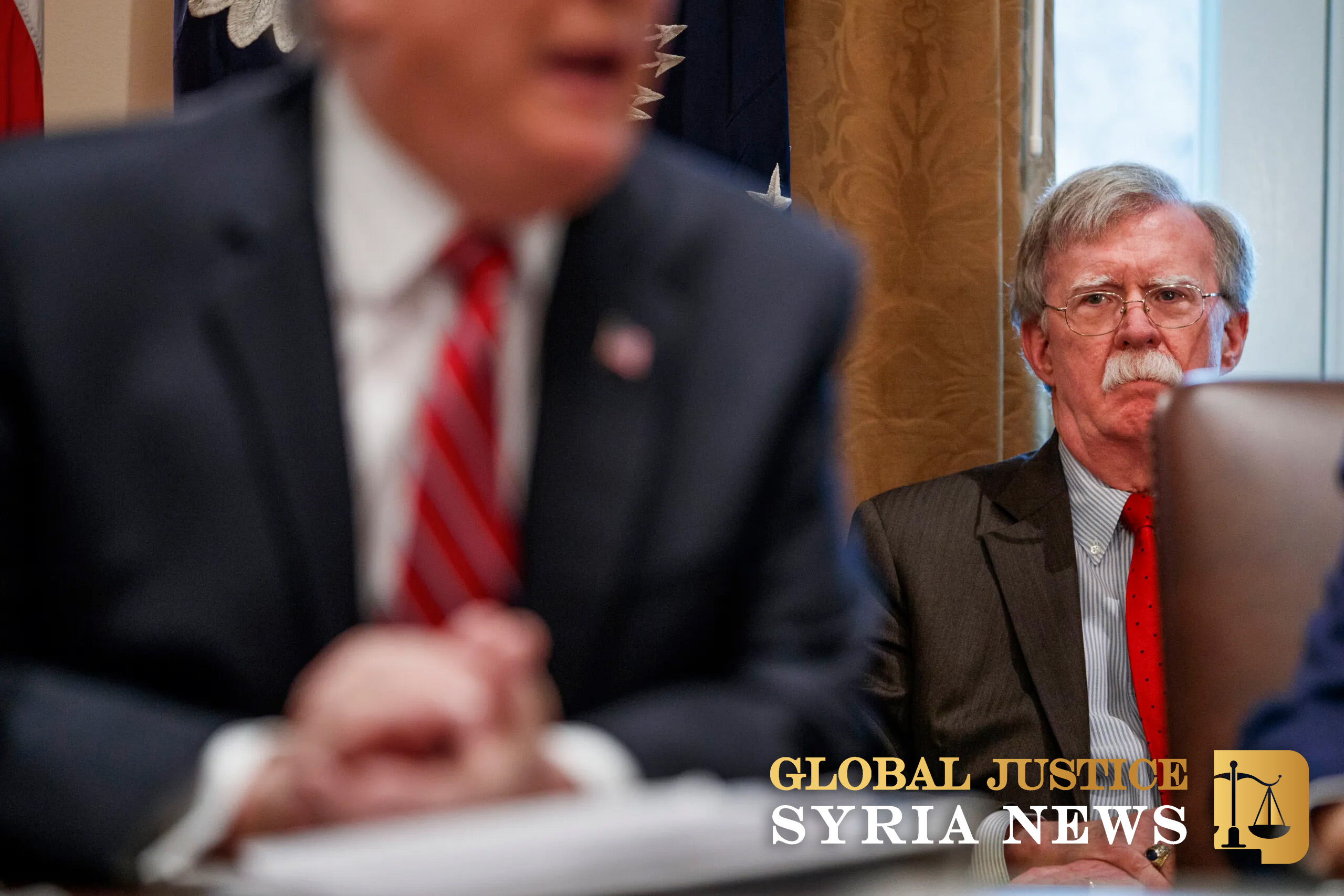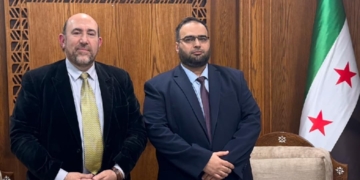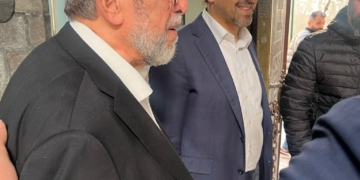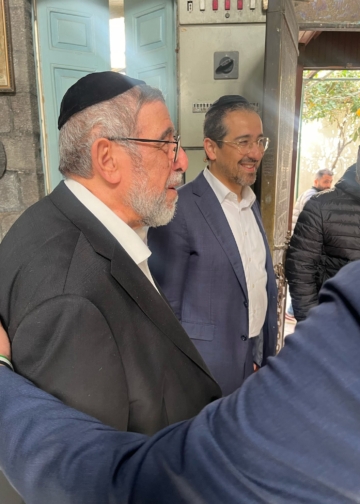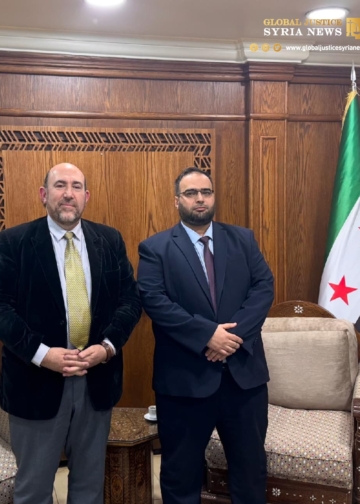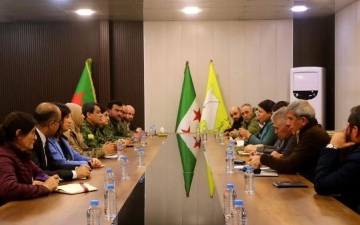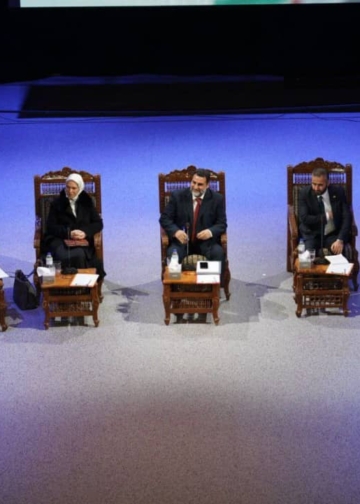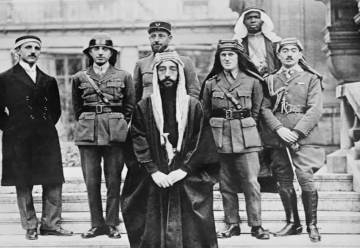This article was originally published by Independent Arabia on Monday, November 11th, 2024. You can read the original article here.
As President-elect Donald Trump prepares to re-enter the White House, significant questions surround how his administration will approach the Middle East. This time, Trump faces a region that has changed substantially since his first term. According to John Bolton, former National Security Advisor, Trump’s initial challenge will be understanding these changes and adapting his strategy to both emerging threats and strategic opportunities.
With Trump assuming official duties, attention is likely to focus on the central crisis in the region, represented by Iran’s ongoing “Ring of Fire” strategy against Israel. Currently, Israel is systematically dismantling Hamas’ political leadership, neutralizing its military capabilities, and destroying its underground fortifications in Gaza’s tunnels. At the same time, Israel is striking Hezbollah in Lebanon, targeting its main leaders and consistently dismantling its massive missile arsenal and destroying its fortified positions and hideouts. Israel will continue its campaign to weaken Hamas and Hezbollah to eliminate these essential pillars of Iranian influence. Even President Biden’s administration has already pressured Qatar to expel Hamas leadership from Doha.
As they say in Texas, Trump is often “all hat and no cattle,” meaning he talks big but does little. He makes strong statements but doesn’t translate them into concrete actions. Since he hasn’t shown any real willingness to take decisive measures against Iran’s nuclear program, the burden ultimately falls on Israel.
Unfortunately, the Houthis in Yemen continue to disrupt the Suez Canal and Red Sea corridor and have suffered only minimal damage, similar to that faced by Iran’s Shiite militias in Syria and Iraq. Iran itself faced a noticeable retaliatory response on October 26, when Israel targeted its Russian-supplied S-300 air defenses and dealt a significant blow to its missile production sites. Nevertheless, Iran’s direct losses remain limited. With increased pressure from the White House leading up to the U.S. elections, Jerusalem refrained from targeting Tehran’s nuclear weapons program or oil infrastructure.
But the larger, unknown question remains: Will Israel take additional decisive actions before January 20, 2025? Israel’s airstrikes on Iran on October 26 prompted Tehran to issue repeated promises of retaliation, though these threats have not been realized. Iran’s leadership may be hoping that global attention will shift away from them, allowing them to quietly retreat from facing the Israeli threat. However, if Iran chooses to respond, it’s almost certain that Israel’s counterstrike will be devastating, especially if it occurs during the U.S. presidential transition. Such a counterattack could cause severe damage to Iran’s nuclear and missile programs, potentially destabilizing the foundations of the Ayatollahs’ regime.
The prevailing belief in Washington is that Trump will return to implementing a “maximum pressure” strategy economically on Iran, imposing stricter sanctions and enforcing them more effectively, along with providing stronger and more consistent support for Israel, as he did during his first term. However, if this is the case, the regime in Tehran may breathe a sigh of relief without feeling overly concerned. Trump’s previous “maximum pressure” approach was far less effective than portrayed. Worse still, a member of Trump’s team has already confirmed that the next U.S. administration will not be “interested in regime change in Iran,” leaving the door open—however unrealistic—to the possibility of reaching a comprehensive agreement with Tehran during Trump’s second term.
Furthermore, despite Benjamin Netanyahu’s attempts to show goodwill toward Trump in their latest phone call, their personal relationship remains strained. In 2021, Trump stated that “the first person who congratulated (Biden) was Bibi Netanyahu, the man to whom I gave more than anyone else I dealt with. Bibi could have stayed silent. He made a grave mistake.”
This statement practically means that Israel should not expect the same level of support from Trump as it did in the past. Given that Trump is constitutionally ineligible to run for a third term, he will not fear any domestic political backlash if he takes positions that might conflict with Israel’s key interests.
In the end, the path forward largely depends on the unclear circumstances Trump will face by January 20, 2025. In addition to his rejection of regime change in Iran, Trump seems primarily focused on ending conflicts quickly, appearing indifferent to how that may occur. This stance aligns with his approach to Ukraine. He insists that both conflicts would never have occurred had he remained in power—an assertion impossible to prove or disprove—and views these wars as unwanted legacies left to him by Biden.
If Israel fails to curb Iran’s nuclear ambitions before Trump takes office next year, these ambitions will likely become his top priority. Should Trump merely reinstate the “maximum pressure” policy through sanctions, he would again be delaying an inevitable reckoning with Iran. Even returning sanctions to their levels before he left office nearly four years ago will be challenging, as Biden’s ineffective enforcement has weakened global compliance. It’s doubtful that Trump will have the focus or resolve to tighten and restore sanctions to an effective level. Meanwhile, increased cooperation among Russia, China, and Iran means that Tehran’s allies will likely work hard to evade and defy Western sanctions, just as they have done with those imposed on Russia due to its war in Ukraine.
If Trump doesn’t show any genuine readiness to take decisive action against Iran’s nuclear program, the burden ultimately falls on Israel, which itself faces complex political challenges domestically. Trump has shown little interest in supporting the Iranian people’s efforts to overthrow the Tehran regime, a regime they despise, thus missing rare opportunities that might have been seized through limited external intervention. If Iran’s Ayatollahs are wise, they will continue presenting endless negotiation opportunities to Trump, hoping to divert his attention from taking serious steps to address the deep and lasting threats their regime poses.
Finally, the Middle East will be the most urgent test among the major challenges Trump will face at the start of his second term. His decisions on this front will not only be closely watched by Middle Eastern countries but will also attract the attention of China, Russia, and other U.S. adversaries, as their implications will be far-reaching and long-lasting.


